The dairy crisis comes under the spotlight in this month’s regular column from Alan Jagoe, President of CEJA – the European Council of Young Farmers.
MF: Can you outline the current situation with milk production?
AJ: The latest figures on milk prices and supply are looking particularly dire following a heavy increase in supply and concordant decrease in price that has been fairly constant since 2014. These figures are available to us via the Milk Market Observatory where you can find monthly updates of the latest dairy dashboards.
As a dairy farmer myself I have seen this situation with my own eyes. Milk production has unique characteristics. Cows must be milked every day and, therefore, milk sold every day. There is only one easy way to increase cash flow on the farm when prices are down and that is to increase production. This of course makes the global situation worse, with even more rises in market milk supply, leading to even lower prices. European dairy farmers are in need of assistance to alleviate their cash flow problems and improve on-farm liquidity, in order to stop them having to increase supply, or worse, stop completely and go bankrupt.
MF: What can be done to support dairy farmers?
AJ: Unfortunately, it is difficult for a policy like the CAP to be able to support farmers in such times of crises when one considers the problems in the functioning of the food supply chain and thus the need for income support to help farmers earn a decent income in good times. With this in mind, CEJA has called for both a short-term solution and a medium- to long-term solution to attempt to alleviate the impact of the dairy sector crisis, as well as to avoid such challenges in the future.
MF: What is CEJA advocating?
AJ: We want to see the activation of Article 222 in the current CAP. This would enable cooperatives and producer organisations to voluntarily reduce their milk production and supply. In return, they would get compensation which would emanate from a new crisis fund - not the crisis reserve or current agricultural budget. This would encourage many farmers to stop producing milk at a time where production globally must come down – in the short-term. We have addressed a letter to the EU institutions asking them to follow-up on their activation of the Article. We want them to ensure that it is able to be implemented by securing new funds for the Article as well as organising a conference which would bring together producers, processors, distributors and retailers to discuss the situation.
MF: What is the EU doing?
AJ: There has started to be some movement on these ideas. The European Parliament organised an emergency public hearing on the dairy crisis on 25 May which featured a number of actors in the chain – though notably no young farmers. However, the Chair of COMAGRI, Czeslaw Siekierski, gave me the floor alongside MEPs. I made use of this to call for urgent action on the matter if we are to ensure we do not keep losing young European farmers, and with it, the long-term future of our sector. You can watch my input and call for action here.
MF: Why is this issue so important to young farmers?
AJ: This is an extremely important issue for me and one that invokes passion and emotion. It needs immediate action. The longer we wait, the more young, talented, innovative, well-educated and business-oriented young farmers we lose from the sector. It is not enough to activate and effectively implement Article 222 immediately as part of another crisis rescue package. We must also look to new instruments and opportunities to ensure we stop such crises from ravaging the EU sector. The MilkFlex Fund as pioneered by the global nutrition company, Glanbia is a great example of the type innovative thinking required to assist farmers in times of hardship. This concept does not increase handouts but empowers farmers, enabling them to pay more into the fund when prices are high which protects their businesses when prices tumble.
MF: Could this type of idea be taken up by the EU?
AJ: CEJA is calling on the European Investment Bank (EIB) to work with producers, producer organisations and commercial entities to create new financial instruments and make them available to farmers across the EU. The aim would be to alleviate cash flow problems, facilitate access to credit, help stabilise incomes and insure against crisis. Bolstering farmers’ power to protect their investments when times are bad is key to reshaping the sector for a secure and sustainable future.
If you would like to get in touch with Alan Jagoe, email allusers@ceja.eu
Go to: Massey Ferguson Global Facebook page
Go to: CEJA Young Farmers Facebook page



















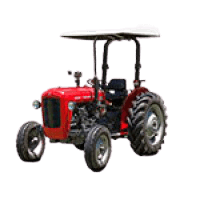
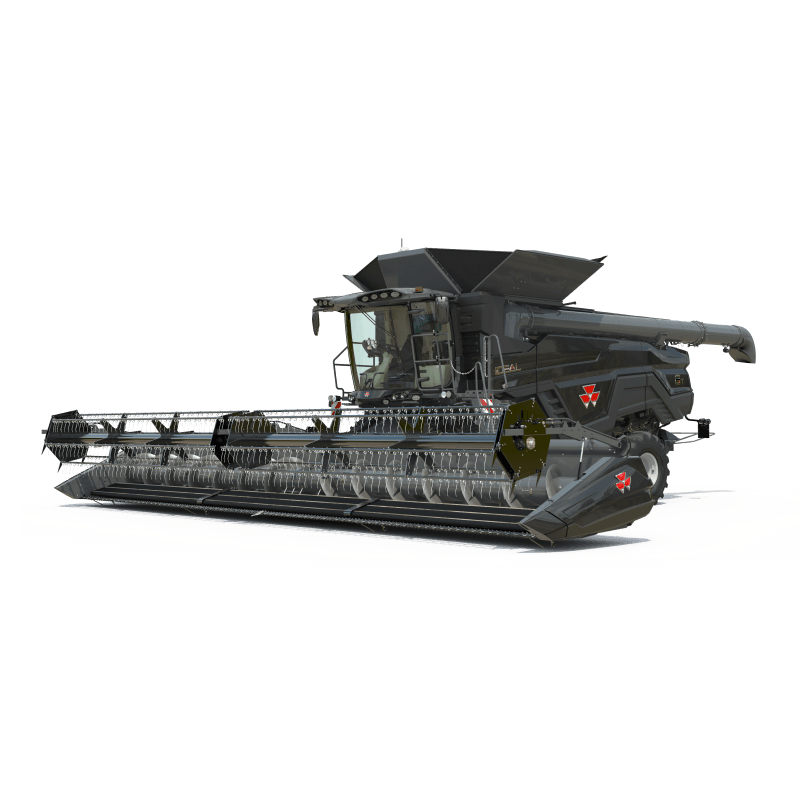



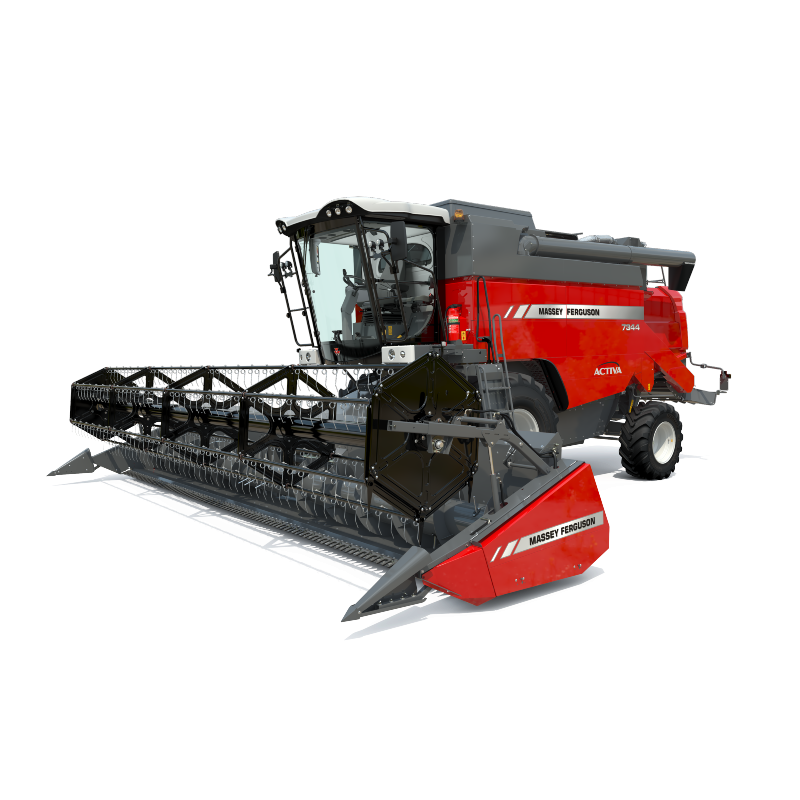

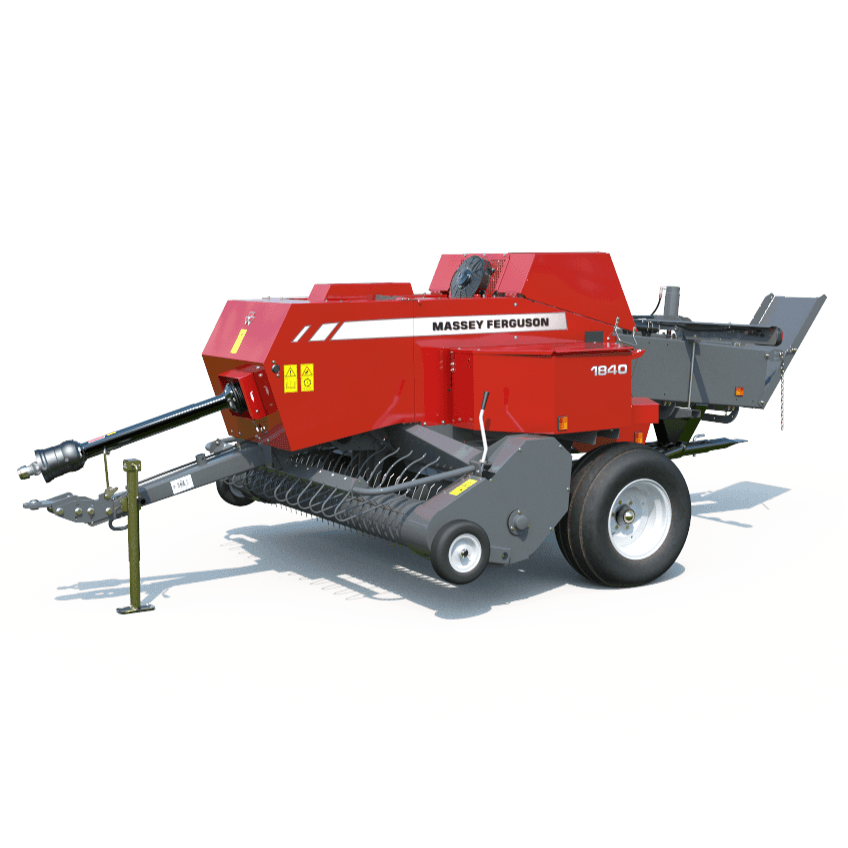
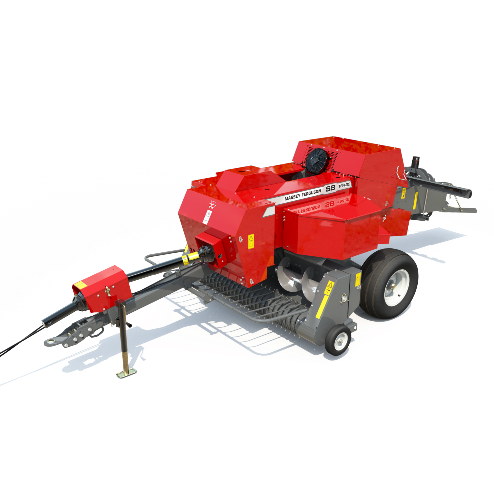

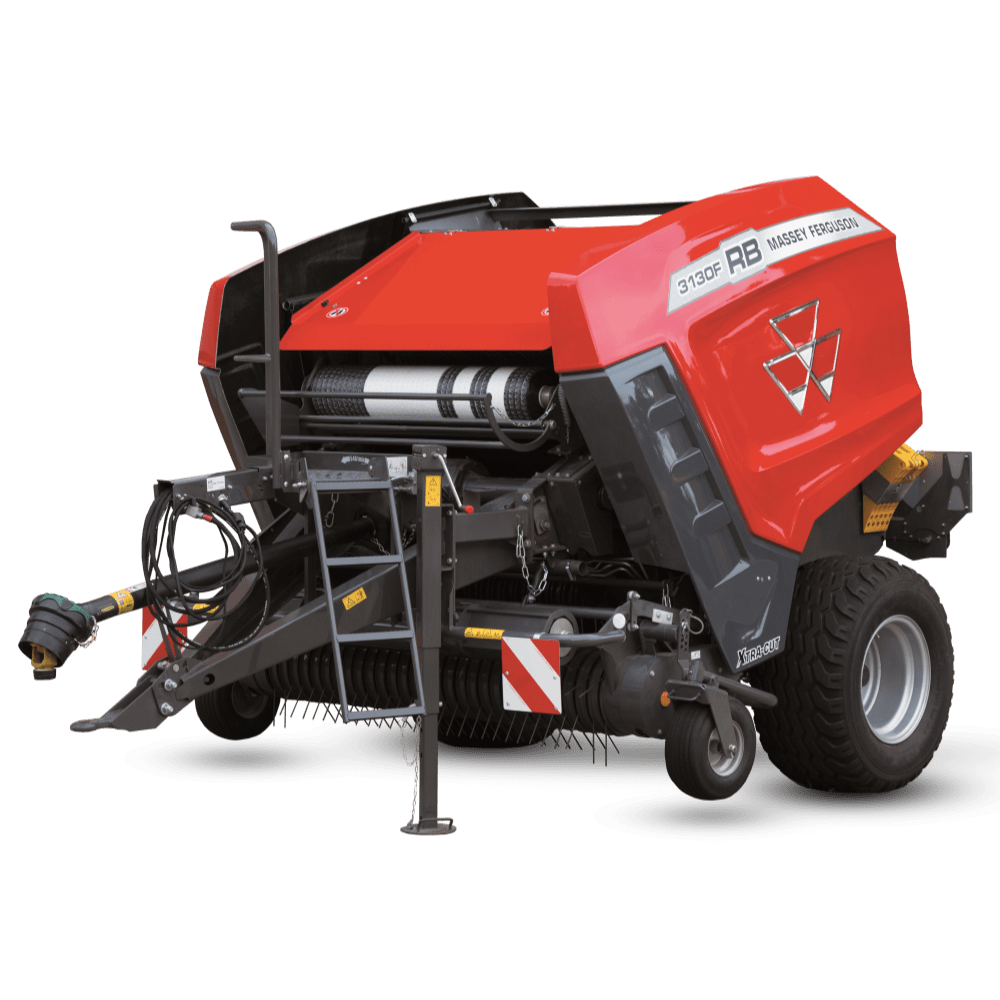

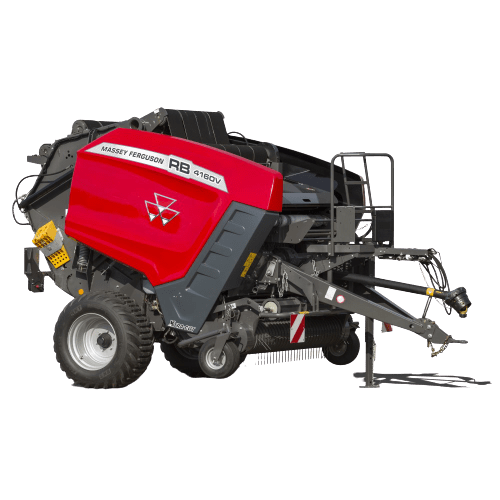


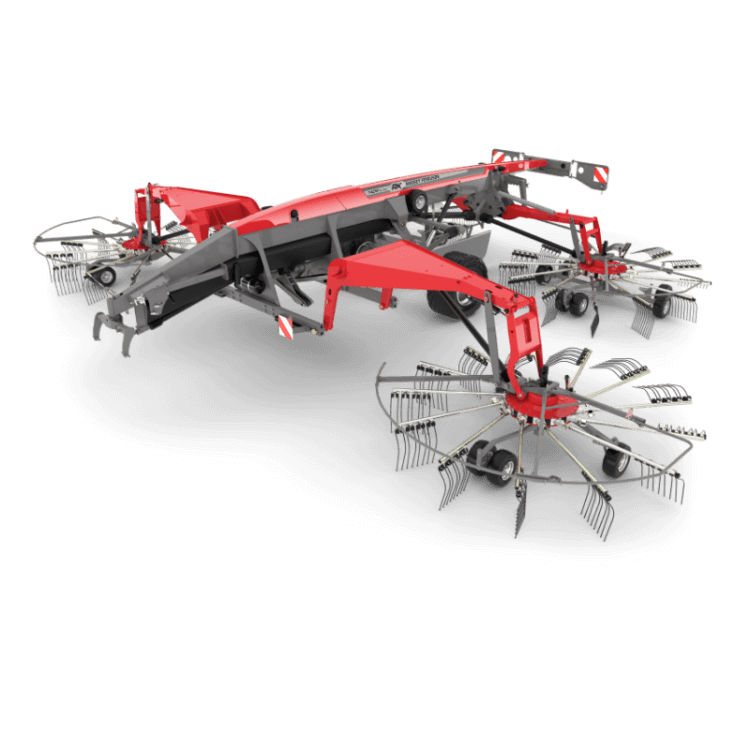
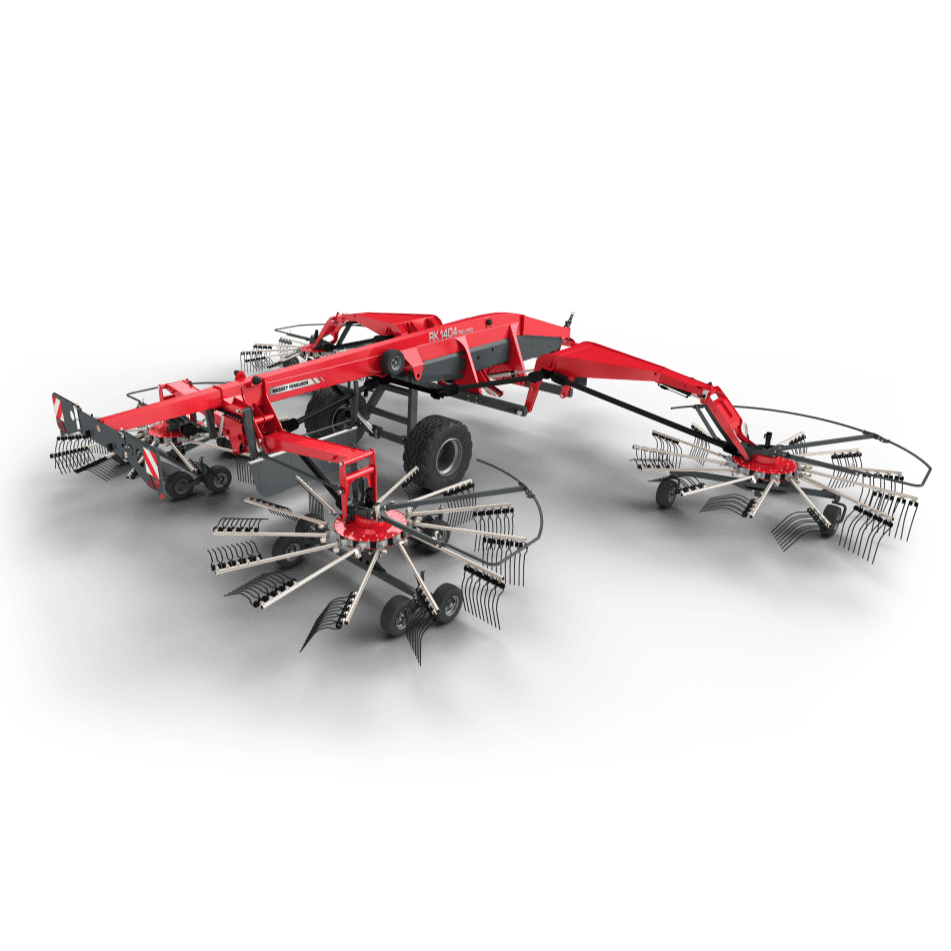

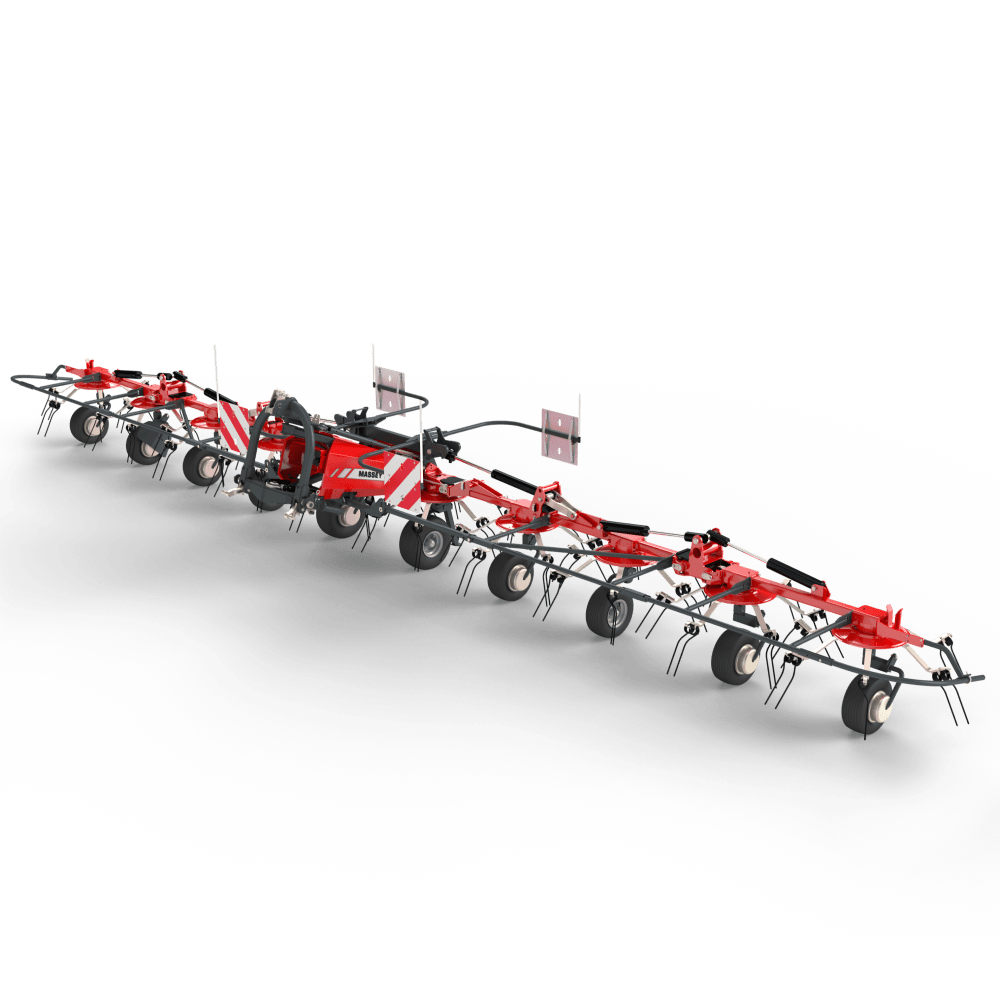




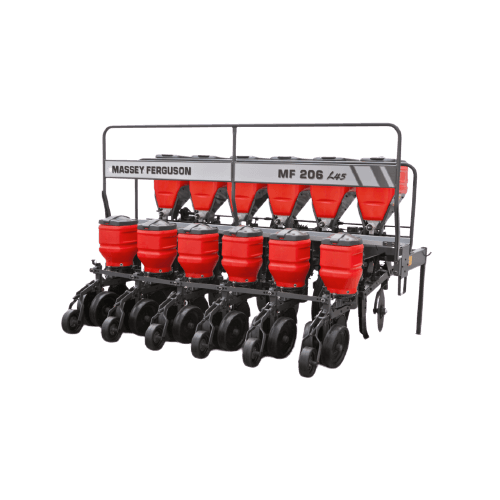
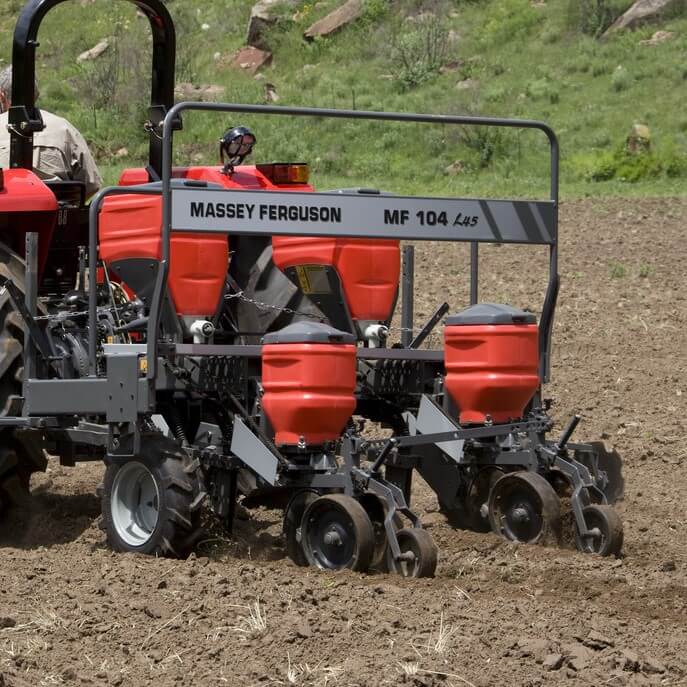
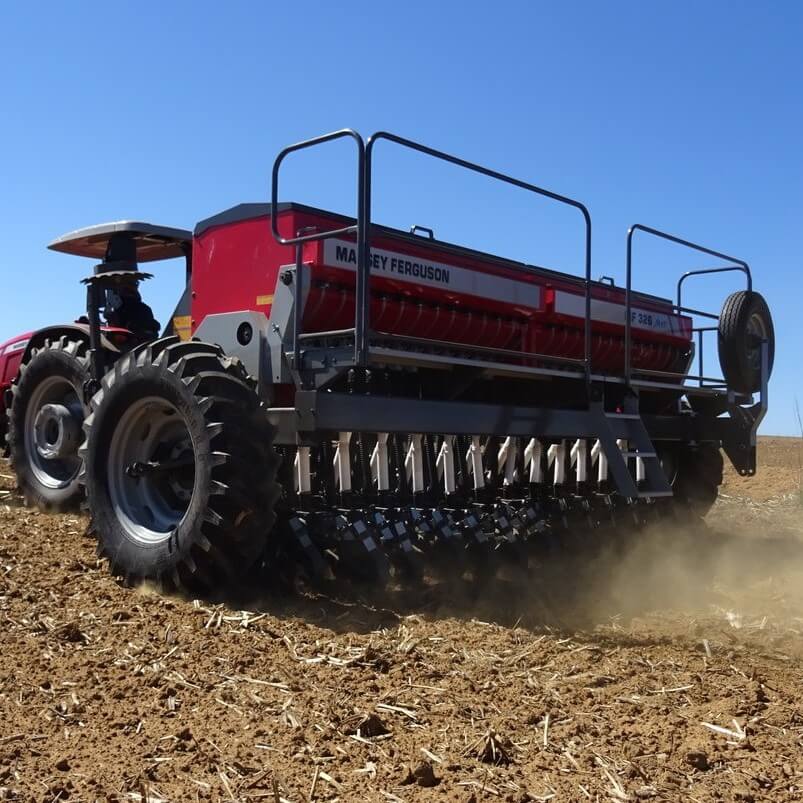
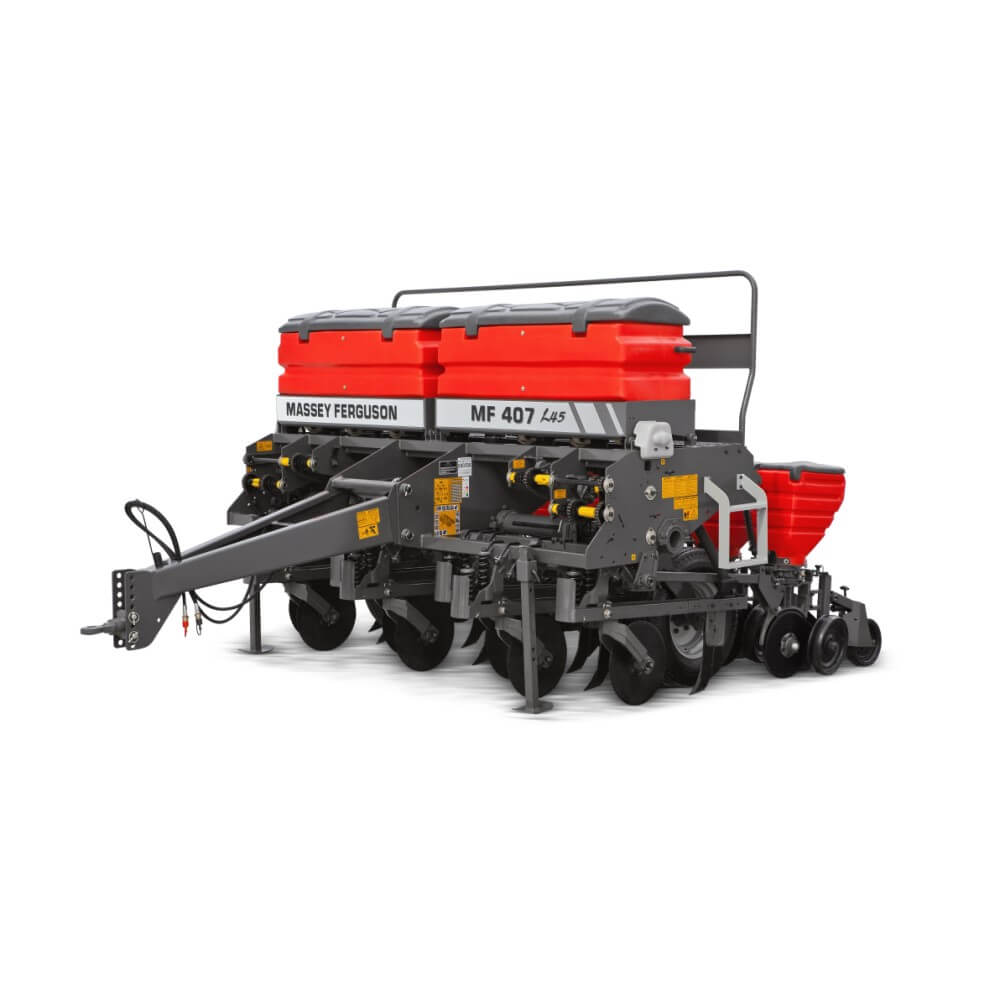
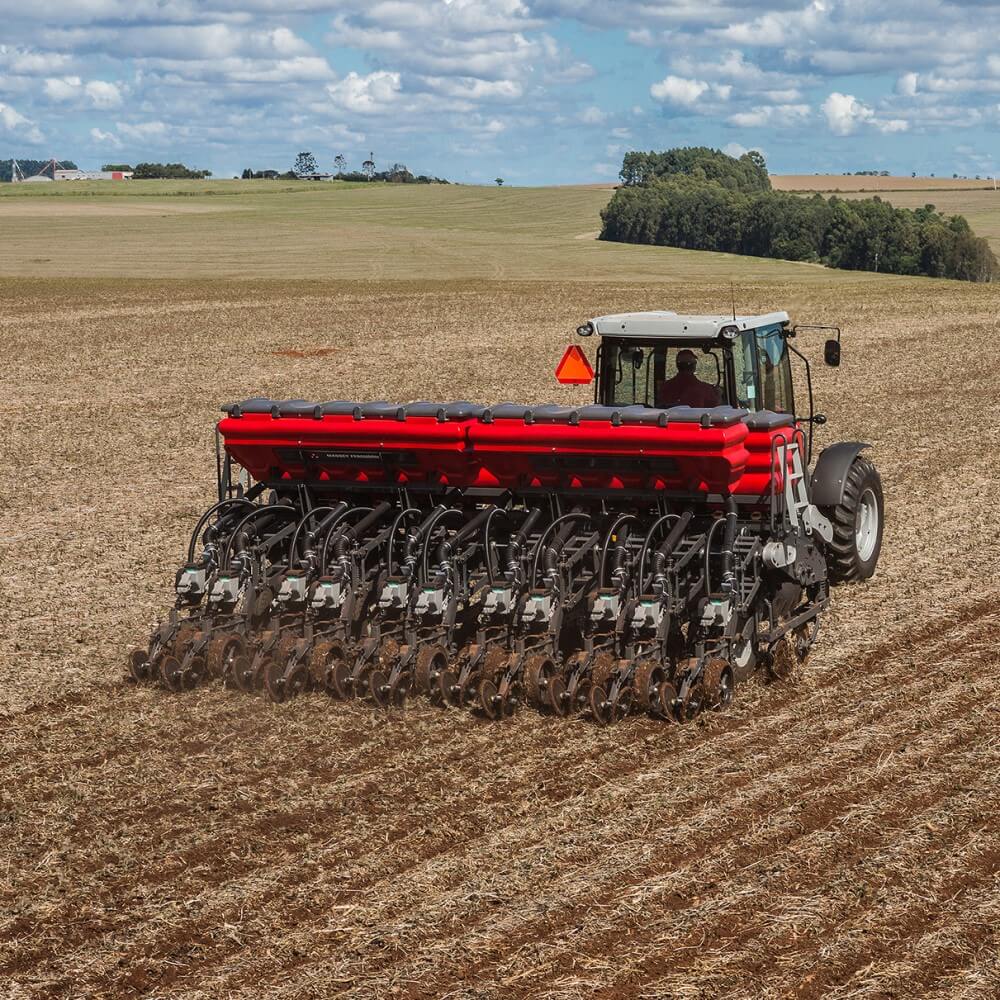
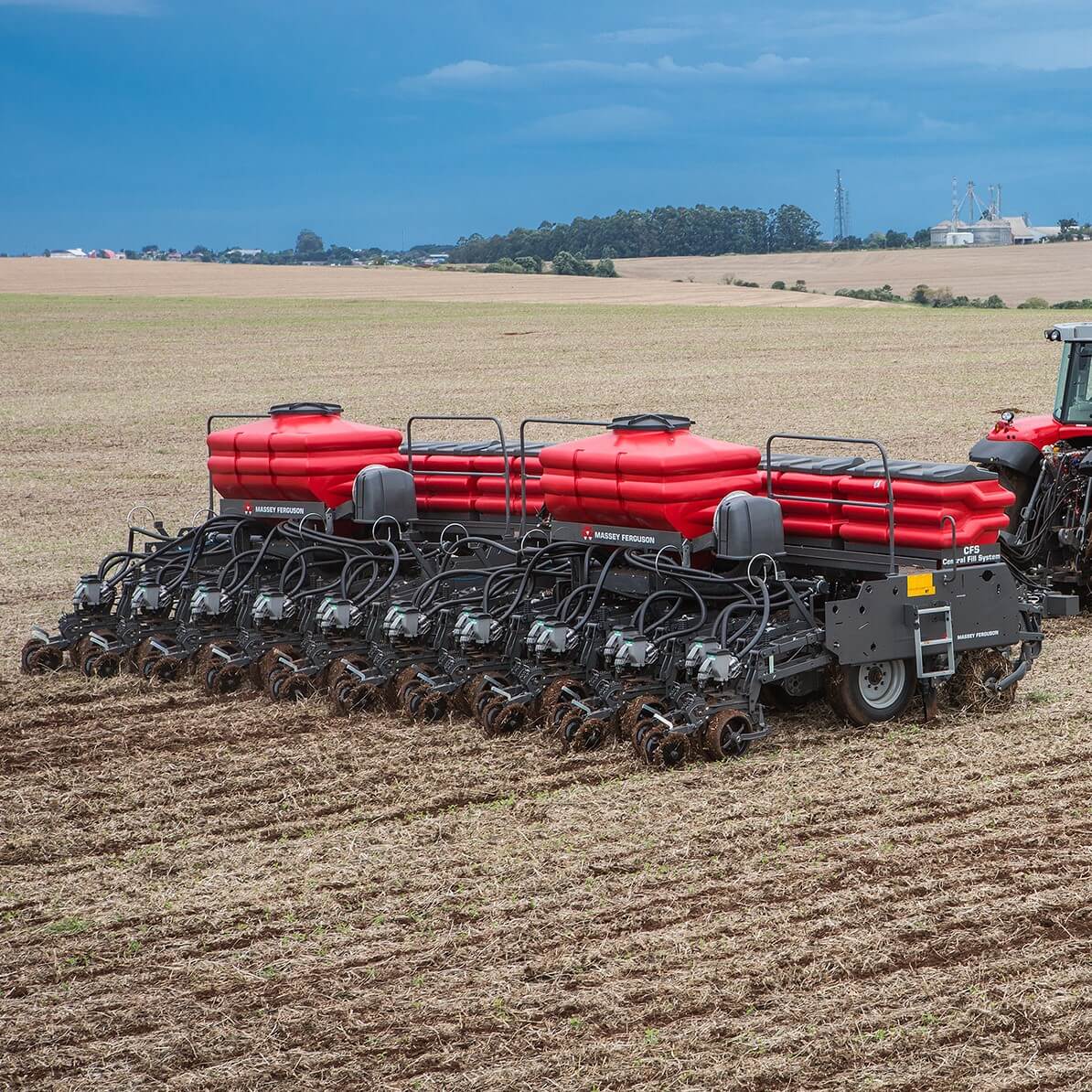
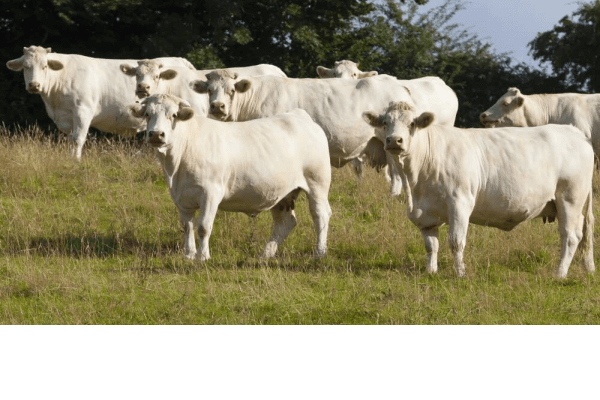



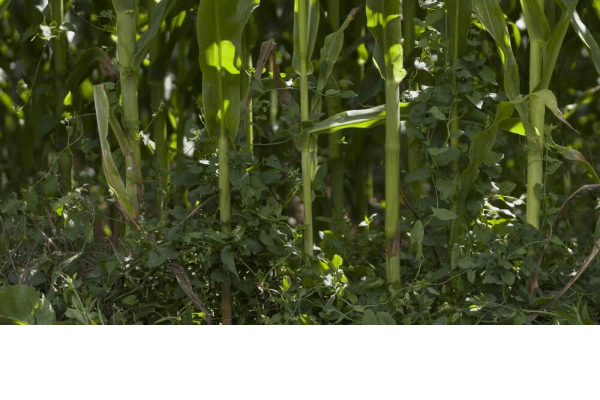
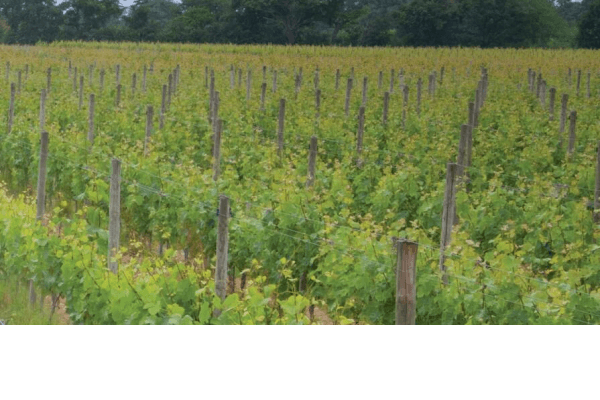
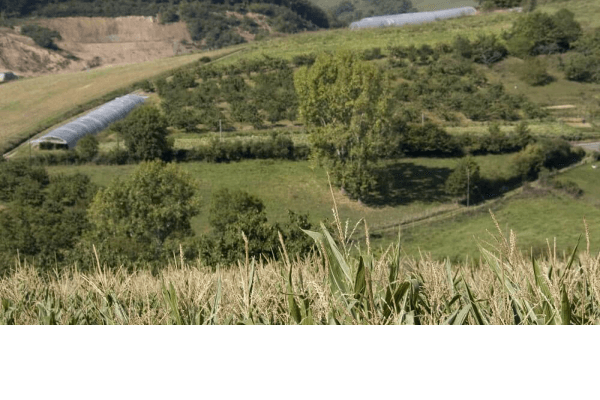
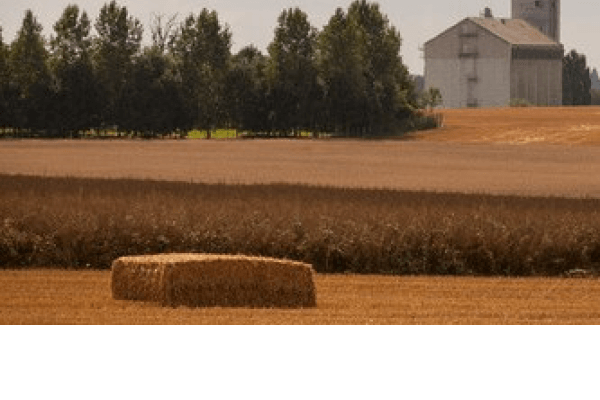

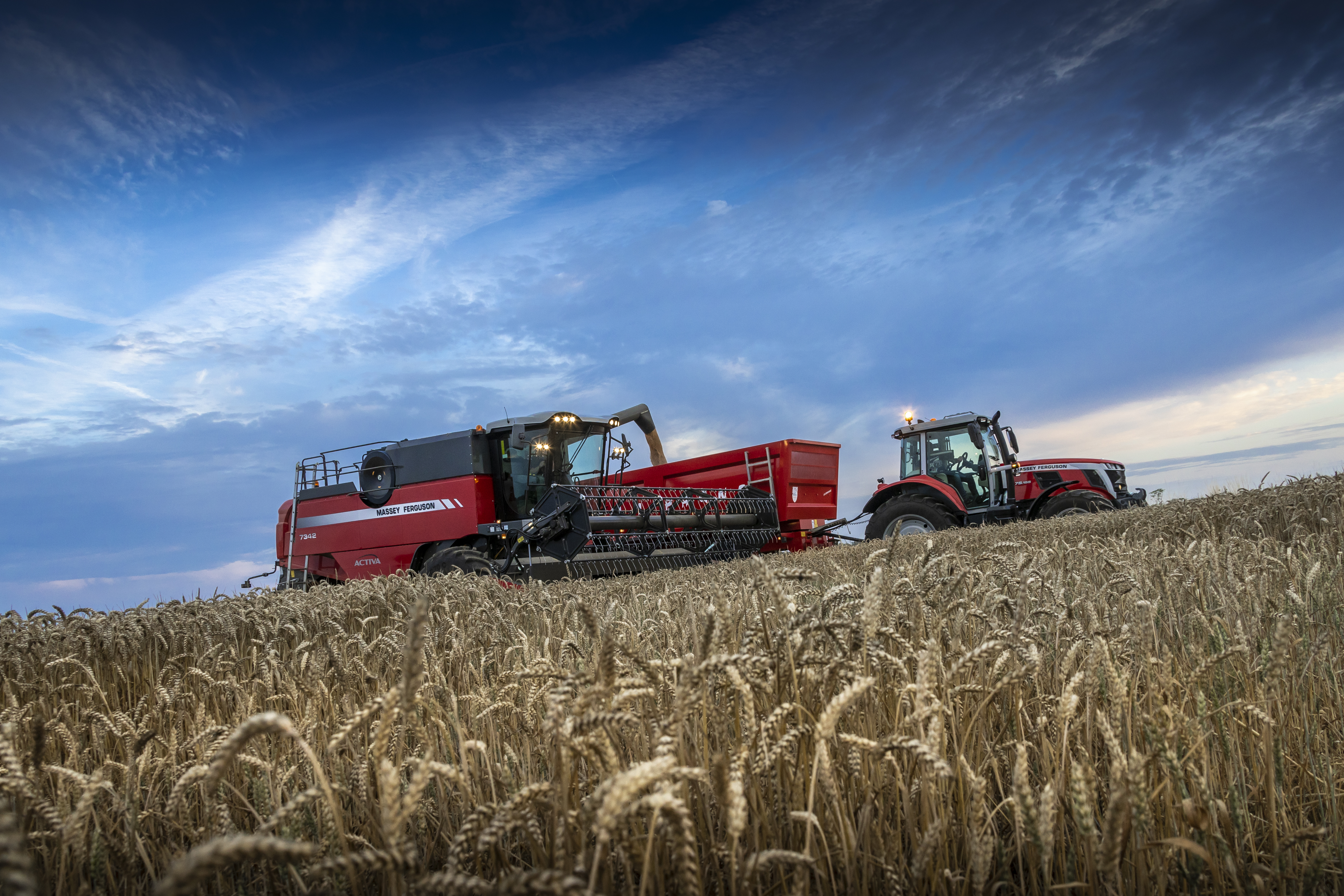
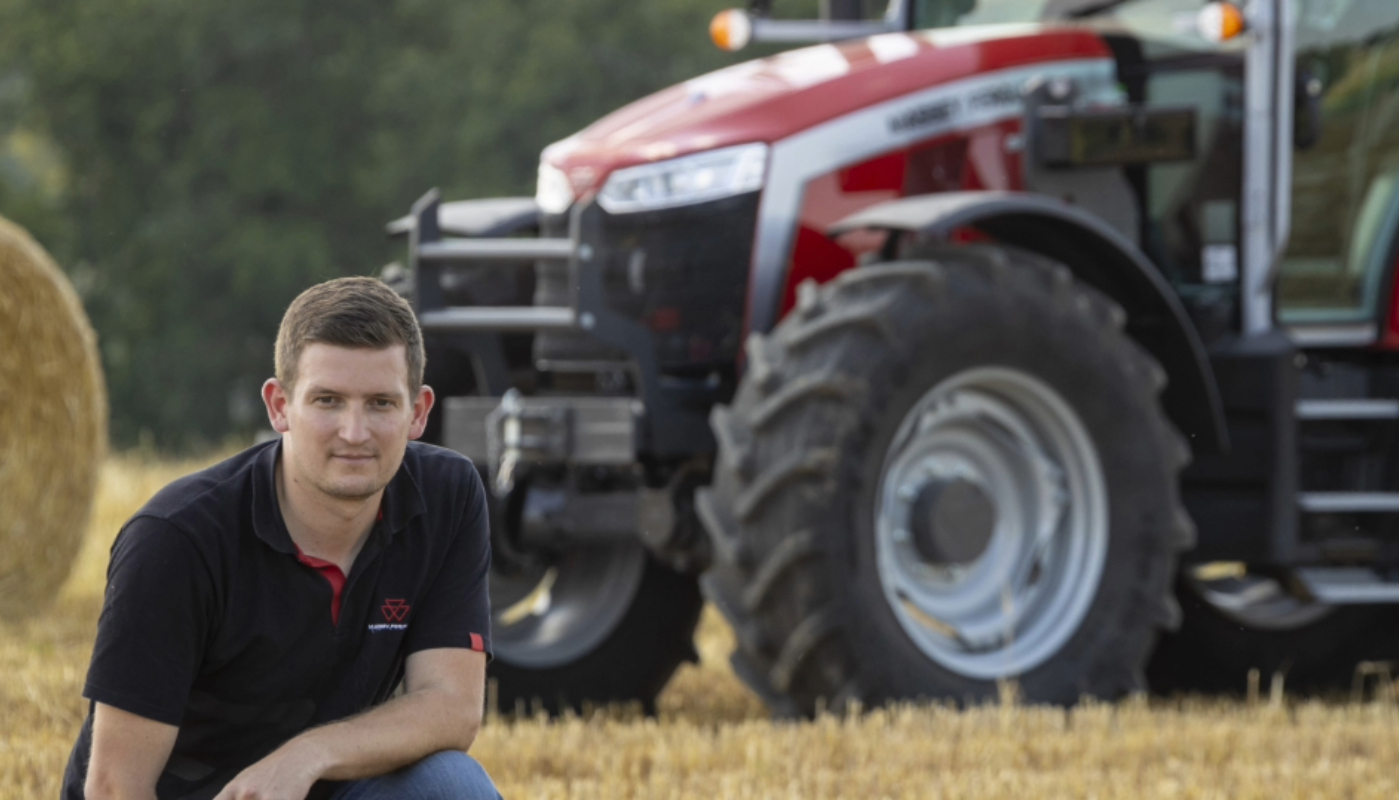

Share